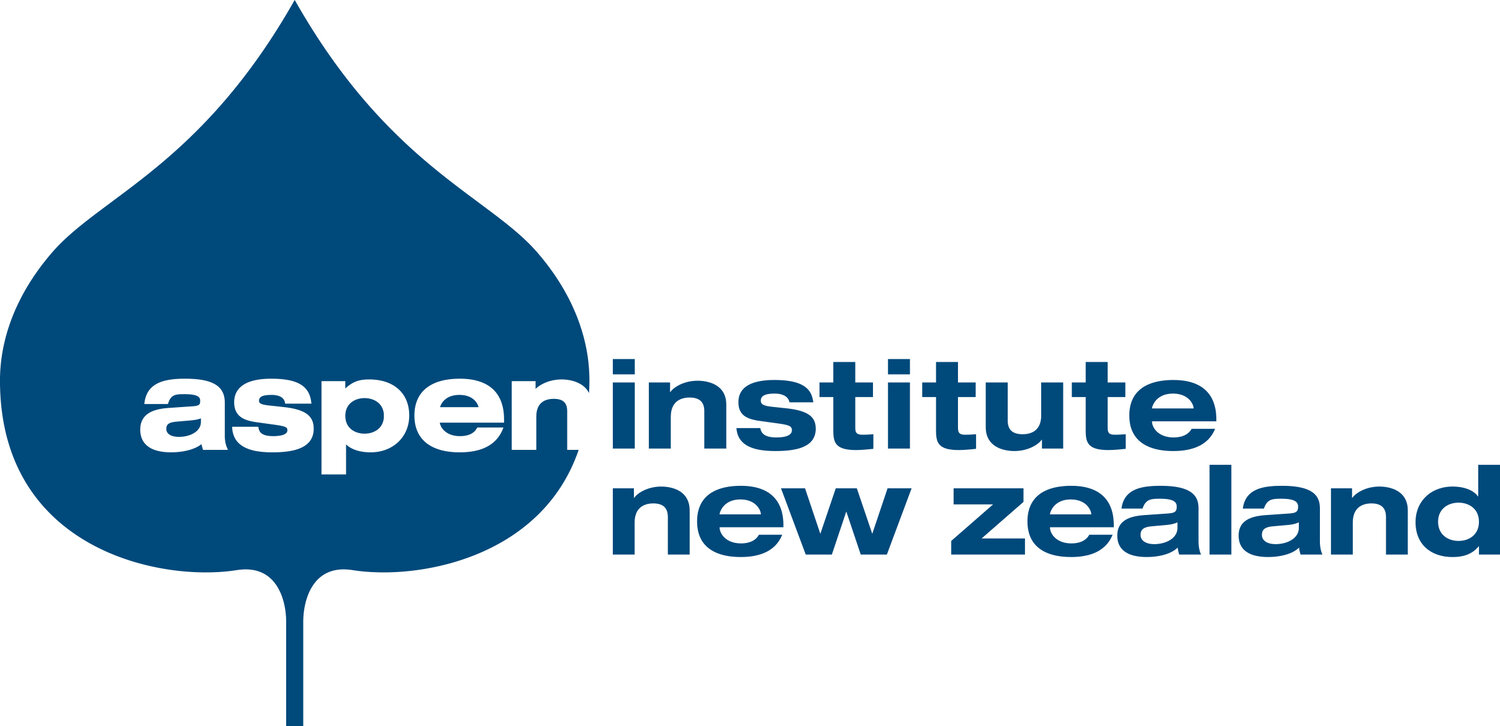In Favour of Pure Science
Pure science research is often curiosity-driven, undertaken to explain phenomena in the natural world or, quite simply, to understand better how things work for the sake of knowledge alone. Pure science is essential for the advancement of civilisation and holds relevance to our daily lives; were it not for pure science research, we would not have vaccines available today nor the development of medicines and treatments for many common diseases.
In 2021, the Aspen Institute New Zealand convened a group of NZ scientists to discuss the status of pure science in NZ. The key qualitative points from the discussion and similar discussions by the 13 Aspen Partners contributed to the final comprehensive report 'In Favour of Pure Science' by Aspen Institute's Science & Society Programme.
This report was presented to the public in October, followed by a Symposium to dissect the current state of pure science worldwide, create a public forum for discussion among scientific leaders, and provide guidance on how pure science can be supported and advanced internationally.
The Symposium highlighted that while interest in pure science is strong in some countries among younger generations, more emphasis must be given to pure science in the education system from a younger age worldwide to increase both engagement and interest from youth, and to build foundational knowledge and an understanding of the importance of science in society.
The recent pandemic saw the rise of misinformation, resulting in declining trust in science altogether, which has serious implications for society’s ability to react to future pandemics and climate change. To build trust, science needs to be more inclusive and relevant. Scientists must also use simpler language, tackle misconceptions, and address controversial topics.
“Some people are afraid that pure science research will create unpalatable solutions, such as the habit changes required to reverse climate change”
Sheila Jasanoff - Pforzheimer Professor of Science and Technology Studies at the Harvard Kennedy School
While there are a number of barriers that individual countries are working against to advance pure science research, like the issue raised by Sheila Jasanoff, it was unanimously agreed that funding was one of the most pressing issues and that an increase to 2.25% of GDP is necessary to advance pure science internationally.
To learn more and hear what each country had to contribute, the full replay of the Symposium is available below.
The Aspen Institute Science & Society Program convenes experts in a solutions-oriented strategy session, mobilizes a diverse constituency of science advocates, and implements public outreach efforts and initiatives.
Recognizing the importance of science to the health and success of our nation and world, the Science & Society program addresses critical gaps in public trust in and appreciation of advances in science. The program examines the impact of those advances on diverse societies and the implications for social justice and also explores the tension between growing nationalism and the global nature of science.


